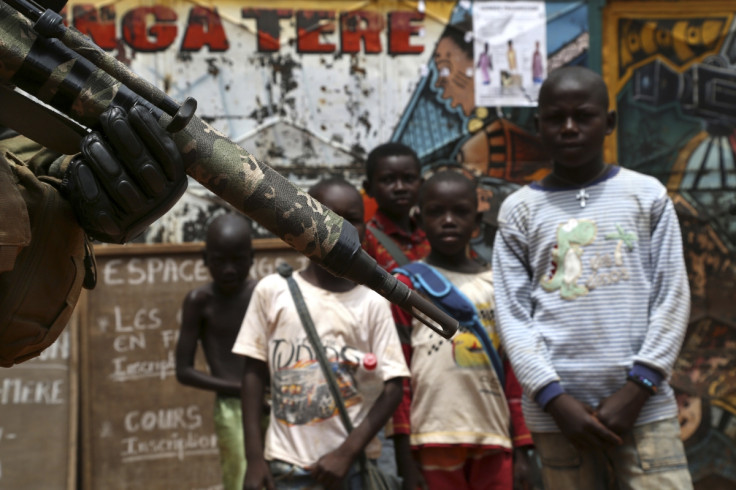UN probe identifies 41 peacekeeping troops suspected of sexual abuse in CAR
Investigation report follows disturbing history of sexual exploitation and abuse by UN personnel.

Some 41 peacekeepers have been identified as suspects of potential misconduct as part of a United Nations investigation into allegations of sexual abuse in the Central African Republic (CAR).
Reports of alleged sexual exploitation and abuse by UN personnel of vulnerable people – often the very people that these UN workers are supposed to protect – have been surfacing for years.
UN peacekeepers were accused of bestiality and degrading sexual abuse, on more than 100 women and girls in the Central African Republic (CAR), as recently as March this year and as far back as 2013.
Advocacy group Aids-free World launched the so-called Code Blue campaign to end impunity for sexual exploitation and abuse by UN and international peacekeeping personnel. Last year the same group leaked a UN report revealing that UN peacekeepers were suspected of sexually abusing children in the conflict-ridden nation,
According to the findings of the UN investigation presented in New York, 25 out of the 41 of the peacekeepers suspected of these crimes are from Burundi, and 16 from Gabon.
The probe, carried out in cooperation with investigators from Burundi and Gabon, found that all were serving within the ranks of the UN force in CAR – known as Minusca.
The suspects are accused of sexually assaulting their victims between 2014 and 2015 in Dekoa in the south-east Kemo prefecture of the fragile African nation. The suspects, who have not been named in the UN report, were identified by victims through photographs presented to them.
Of the 139 victims, 25 were minors who claimed that they were sexually assaulted. Eight paternity claims have been filed, six of which were by minors.
Burundian and Gabonese authorities, which have been handed the report, now have to decide what type of judicial action to be used in order to ensure criminal accountability. "Responsibility for further investigations lies with Burundi and Gabon," a statement by the UN Secretary General, Ban Ki Moon, said.
© Copyright IBTimes 2024. All rights reserved.






